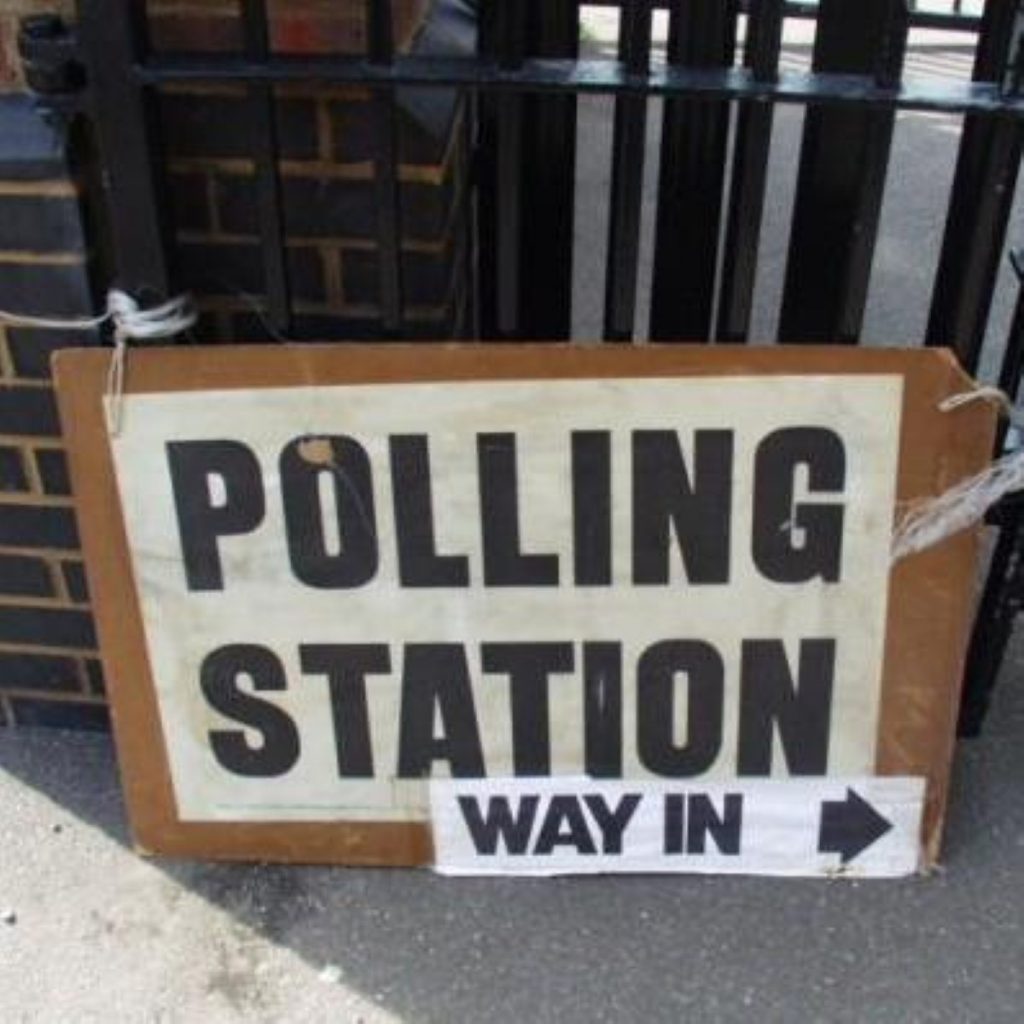Lib Dems win the youth vote
The Liberal Democrats may not have done too well in the local elections but they have topped the polls in a mock election held by British schoolchildren.
The party won 30 per cent in the Hansard Society’s Y Vote mock local elections, compared to a share of just 26 per cent in the real local polls earlier this month.
Labour secured 25 per cent of the vote, the same share they received in the real elections, and came in tied second place with the Green party.
Despite securing 40 per cent of the popular vote on May 4th, however, David Cameron’s Conservatives failed to cut it with the youngsters, receiving just 15 per cent of the vote.


In final place was the UK Independence party (Ukip), who secured five per cent of the vote from the 100,000 pupils from 200 different schools who took part.
The poll was organised by the Hansard Society in cooperation with the Electoral Commission and the Department for Education and Skills. Project manager Michael Raftery insisted it was a vital way of getting young people involved in politics.
“It’s encouraging that over 100,000 young people registered for the mock elections and engaged with the important issues that dominate local elections,” he said.
“Active involvement in elections helps young people to develop the confidence and understanding necessary for them to play a full part in both local and national political life.”
Last year’s mock general elections saw a record 800,000 students from more than 2,100 schools register to take part, although the turnout in the real elections, with just 37 per cent of 18 to 24-year-olds taking part, was more disappointing.
“Young people have strong opinions and are hungry to have their say, but our research shows that they may be acquiring a habit of non-voting, raising the long-term possibility of a ‘generation No-X’ of non-voters,” said the Electoral Commission’s Beccy Earnshaw.
“The Y Vote mock elections are an opportunity for young people to understand how politics works, how they can get involved and why it matters, which we hope will help them develop the voting habit in the future.”












